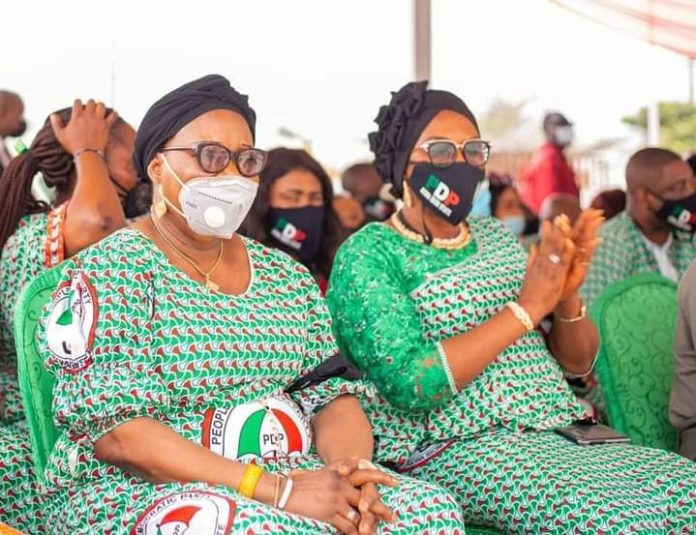Order Paper, an NGO interested in the Legislature, has decried the voting pattern in last Saturday’s National Assembly elections.
The organization, in a report released after the polls, said the majority of the electorate, in casting their votes, only considered the political parties and not the candidates’ credibility.
The Executive Director, Mr. Oke Epia, who signed the report, said it was based on a product of an exit poll, conducted at the end of the election.
According to him, randomly selected voters were interviewed for the exercise, conducted by 415 citizen observers, deployed to 326 polling units, in the 360 federal constituencies across the country.
“The results of the exit poll, which was deployed immediately at the end of voting at the polling units, showed that only 32.71 percent of respondents, who partook in the exercise, made their voting choice on the appeal of the candidates.
“On the other hand, 61.35 percent of the respondents, chose their candidates, based on party affiliation.
“The remaining 5.94 percent of respondents who voted, based their ballot decisions on other random factors,” he said.
Epia said the exit poll also showed that there was improved participation in the National Assembly Elections.
He said 94 percent of the respondents across the country, voted in both the Senate and House of Representatives Elections and not just the Presidential Polls.
He said the assessment also revealed that the North East, with 95.16 percent, recorded the highest participation in the legislative elections.
Epia said the South East recorded 89.09 percent participation, the lowest, based on the responses from those interviewed.
“These results clearly point to a bandwagon effect on the National Assembly elections; the elections observatory has proved that citizens pay less importance to the legislative polls, compared to the presidential and governorship.
“While there was improved participation in the legislative elections, that appetite appeared not to have been appropriately directed to elect members of the National Assembly, based on conviction.
“Our concerns have become important, to ensure that those voted for, possess the capacity, competence, and track record to deliver services in office, rather than on extraneous influences and considerations.
“For us at Order Paper, this has always been the bane of the legislature, which continues to suffer deficiencies in being unable to hold the executive to account, in terms of vibrant oversight, providing the needed support to a competent executive arm of government, in terms of lawmaking and offering productive representation to constituents.
“It is our hope that these findings on the bandwagon effect, will raise the much-needed awareness and sensitization among stakeholders in the democratic project.
“We hope it attracts more attention to the legislature, before, during, and post-elections, to facilitate improved service delivery by this most critical arm of government,” he said.













